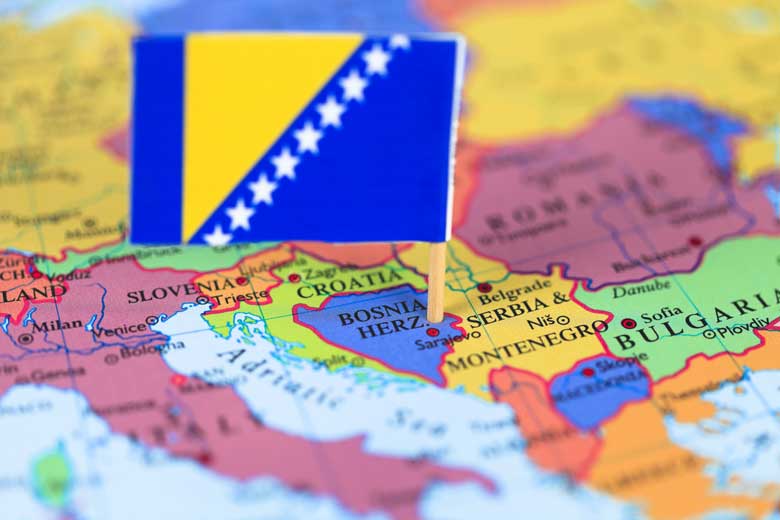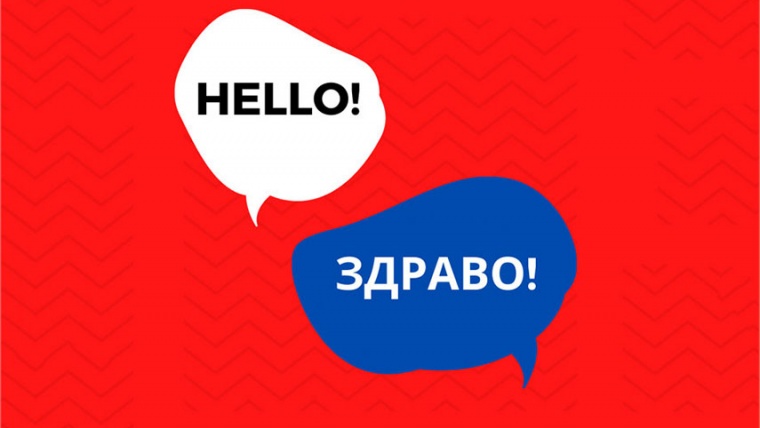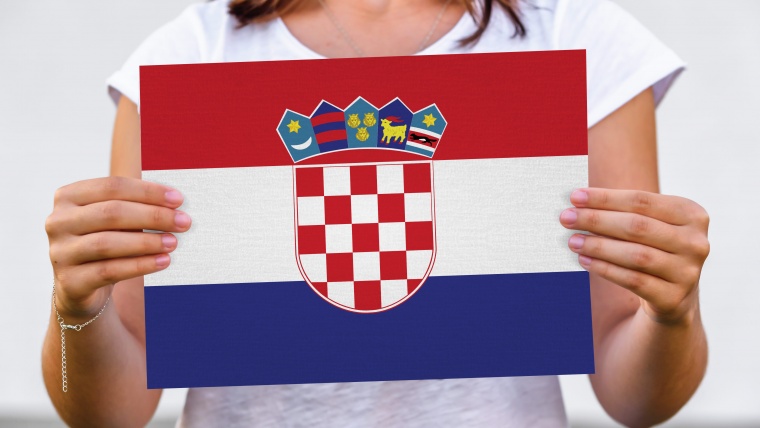Ask A Translator offers translations to Bosnian, Croatian, and Serbian from English and vice versa. Around 3.8 million people read and write Bosnian language, which is the native language of Bosnia and Herzegovina and Montenegro. Bosnian is also the language of minorities in Kosovo, Albania, and Serbia. In Bosnia, the official language is Bosnian, but people also commonly speak Serbian and Croatian. The three languages of Bosnian, Serbian, and Croatian fall in the South Slavic family of languages. These languages are spoken commonly because they can be understood easily by a person who knows any one of the languages. The Bosnian language is spoken by the Bosnians, the Serbian language is spoken by the Serbians and the Croatian language is spoken by the Croatians. In many cases, a person who knows one of the languages also speaks the other two. The Croatian language has the same script as English, but Serbian and Bosnian have a unique situation in terms of using both Cyrillic and Latin forms of writing.

History of Bosnian Language
Bosnian origins are rooted in the culture and ethos of the Illyrian tribes, as revealed by the archaeological artifacts found in the early years. This tribe migrated from the Balkan Peninsula and settled in Bosnia and Herzegovina. Many of these places, including the Balkan Peninsula, were later occupied by the Romans, along with other European regions. A lot of the culture of Rome seeped into Bosnia. The Slavic languages came into the region and were adopted by Bosnia after the 6th century. The Bosnian language was influenced also by the Turkish language of the Ottoman Empire which ruled during the 15th and 16th centuries. Later there was high Christianity influence on the natives of Bosnia who were predominantly Muslims. There is a lot of Islamic influence on the Bosnian language which gave rise to the various languages that exist today. The Astro-Hungarian Empire also held captive the country of Bosnia and Herzegovina which came to an end in World War I. Later Bosnia and Herzegovina became part of the Kingdom of Yugoslavia. To know more about the specifics of the language and for Bosnian, Serbian, or Croatian translations, please feel free to contact us.



